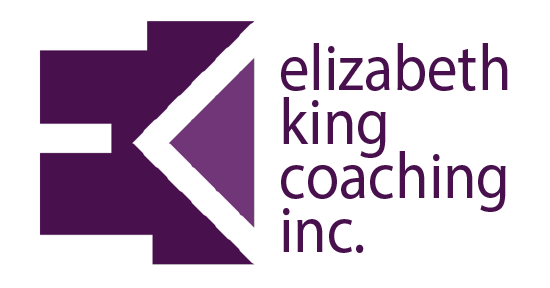Depending who you ask, there are roughly 79 million Baby Boomers (people born between 1946 and 1964) in the United States. The first of them became eligible for Social Security two years ago. There are only 51 million members of Gen X (people born between 1965 and 1976). However, there are 75 million "Millenials" (1977 - 1998).
Boomers and Millenials outnumber Gen X by around 47 percent each.
I don't want to argue too much about the lines between generations [I'm usually more comfortable with starting the Millenials around 1982, since those are the kids who were using early AOL while they were in high school]; instead, I wanted every one to really look at these numbers. I've been chewing on them since I came across the stats about two weeks ago.Those of you who know me personally will know that I'm usually a late adopter of social media technology in particular: I like my privacy and I'm afraid of living in Huxley's Brave New World. Moreover, I don't own a television, I don't approve of driving-thru, and I like my books made of paper, not screens.But these statistics really caught me. The group of people in power right now--and by that I mean mid 30s to 50s, because they're arguably, on the aggregate, "established" and experienced--are outnumbered by both their parents and the generation on their tails. They're charged with caring for their aging parents and educating a legion of younger people whose social/technological landscape is entirely different than their own. While they're doing so, they're responsible for being the primary players in rescuing the United States from an enormous ecological disaster and overwhelming economic crisis.Plus they need to figure out how to buy that rascally 44% of our economy back from China and Japan.This sort of high-responsibility and high-stress situation conjures up all sorts of NYC-grounded images for me: people on walkie-talkies herding government officials into the UN, publicists on headsets executing high-stakes fashion week shows, CEOs with cell phones held up to each ear.And that's just it: it's all about communication. Which means, and I hate to say it, maybe it really is all about harnessing social media for social good. Maybe the timely advent of social media (Twitter, Facebook, Foursquare, whatever-it-is-next-week) is a boon to keeping Gen X connected, directed, and efficient--and to clarifying their conversation with Millenials.They're famously very different groups of people with different values.A number of groups/people have already been using social media for change: Charity Water, Twestival, 12 for 12K. I know I'm not inventing some new idea here. I'm actually interested in looking beyond charity (not foregoing it) at how social media can be strategically used to drive our culture and educational systems. I think understanding the context in which we're operating, with a generation largely outnumbered on both ends, is a great springboard for talking about a new, redefined sense of purpose and direction, both for social media tools and for American society and culture at large.What do these numbers mean to you?
